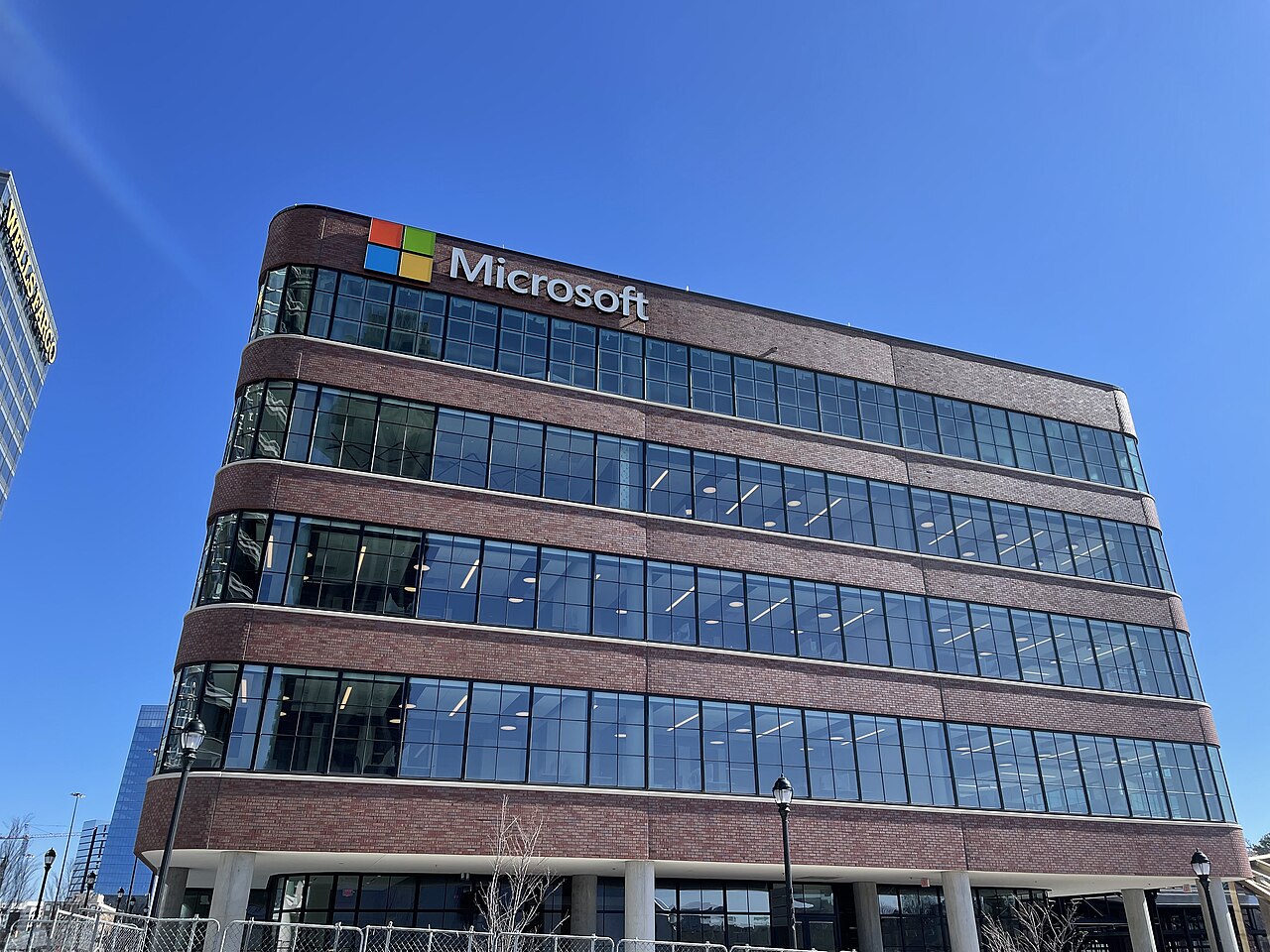Business
White House Pushes for U.S. Made iPhones, but Apple Says It’s Not Realistic
By Jake Beardslee · April 10, 2025
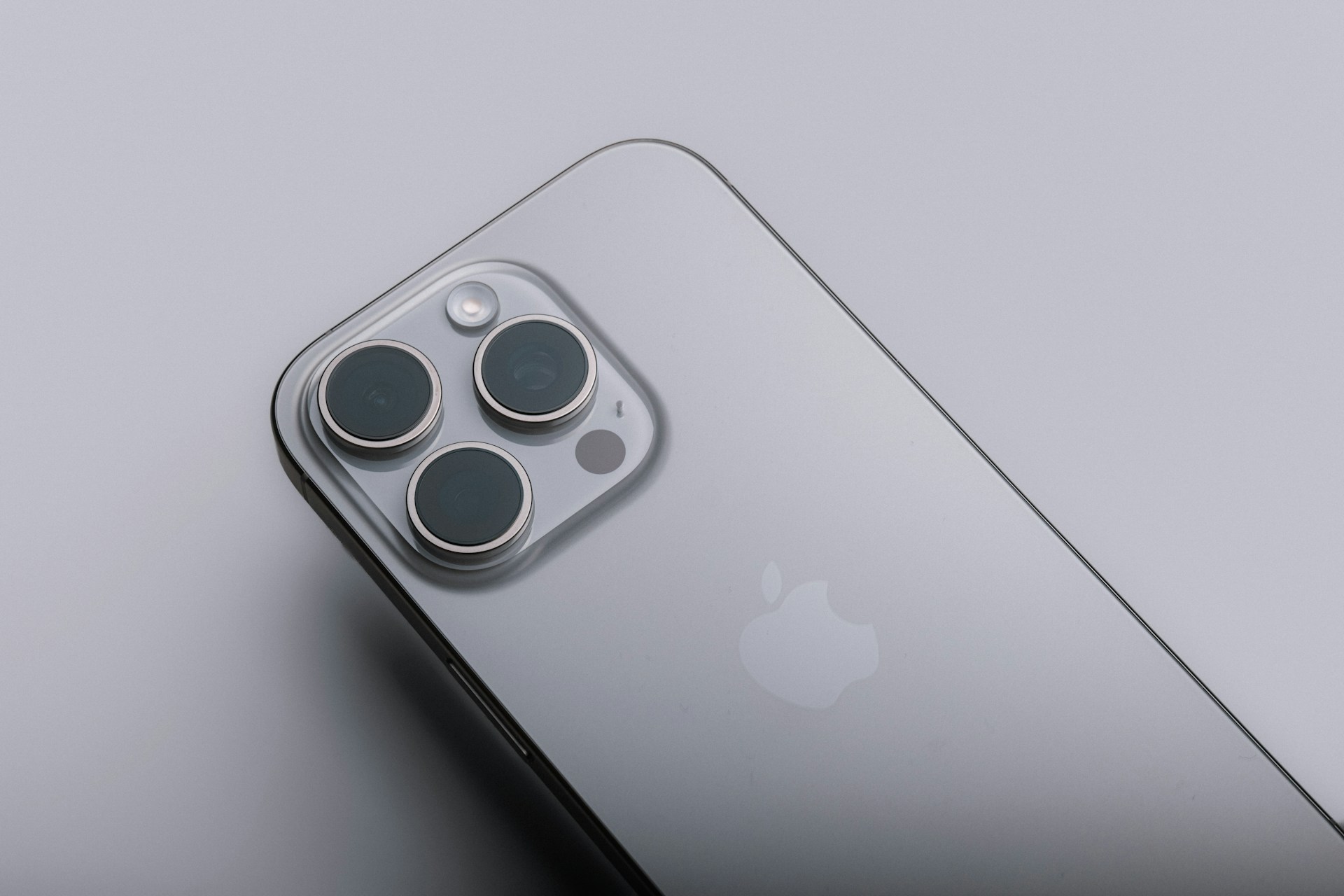
White House Pushes for U.S. Made iPhones Despite Industry Doubts
The White House maintains that Apple's iPhones will soon be made in the United States, touting President Donald Trump’s claim that a $500 billion Apple investment and trade tariffs will bring production home. However, both Apple executives and industry analysts remain skeptical, labeling the idea as impractical due to workforce limitations and specialized skill shortages in the U.S. Howard Bouchevereau / Unsplash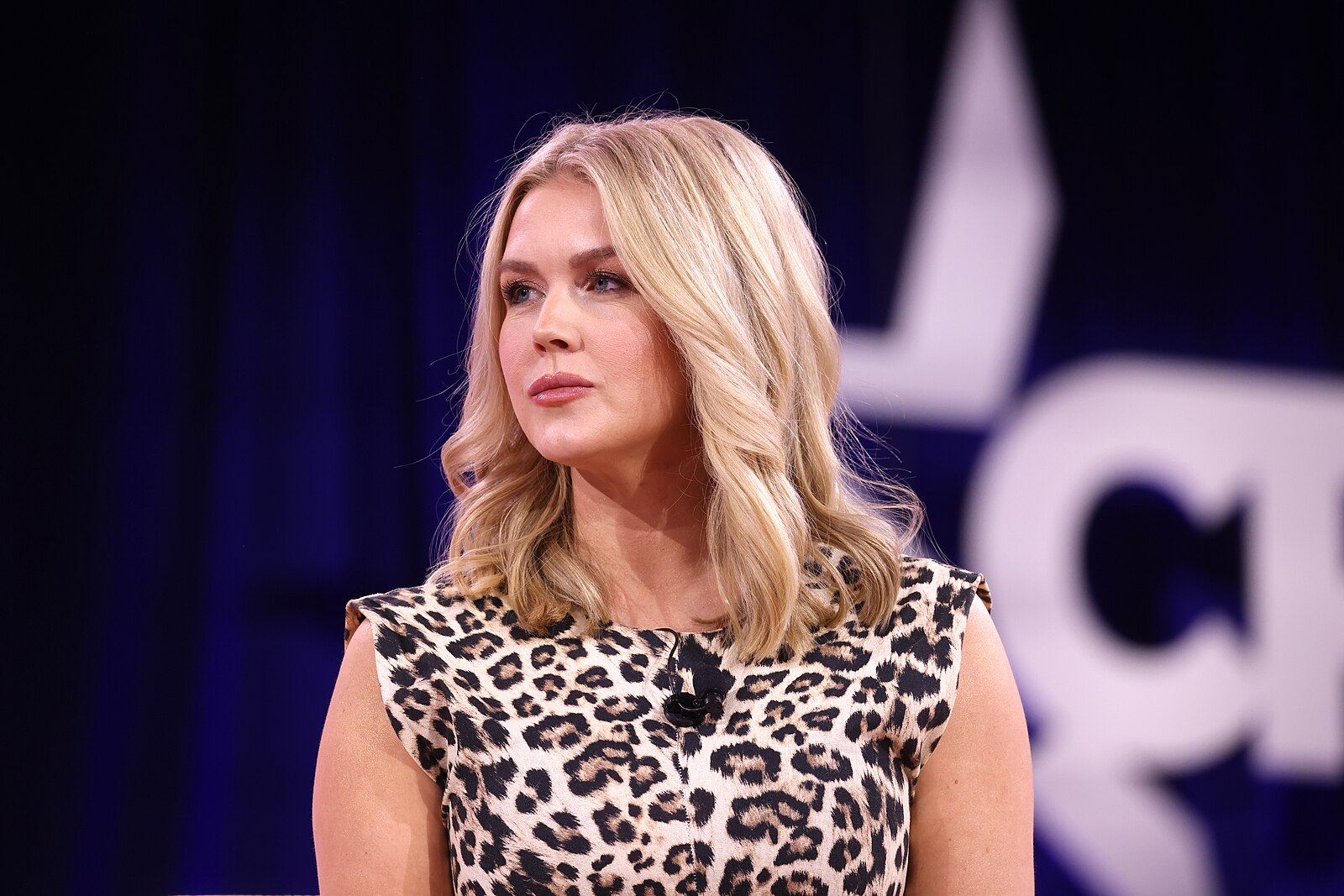
Leavitt: Tariffs and Investment Will Bring Manufacturing Home
White House press secretary Karoline Leavitt asserted during a recent briefing that Trump is confident the investment and increased import tariffs will spur domestic manufacturing. “He believes we have the labor, we have the workforce, we have the resources to do it. If Apple didn’t think the US could do it, they probably wouldn’t have put up that big chunk of change,” she stated. Gage Skidmore / Wikimedia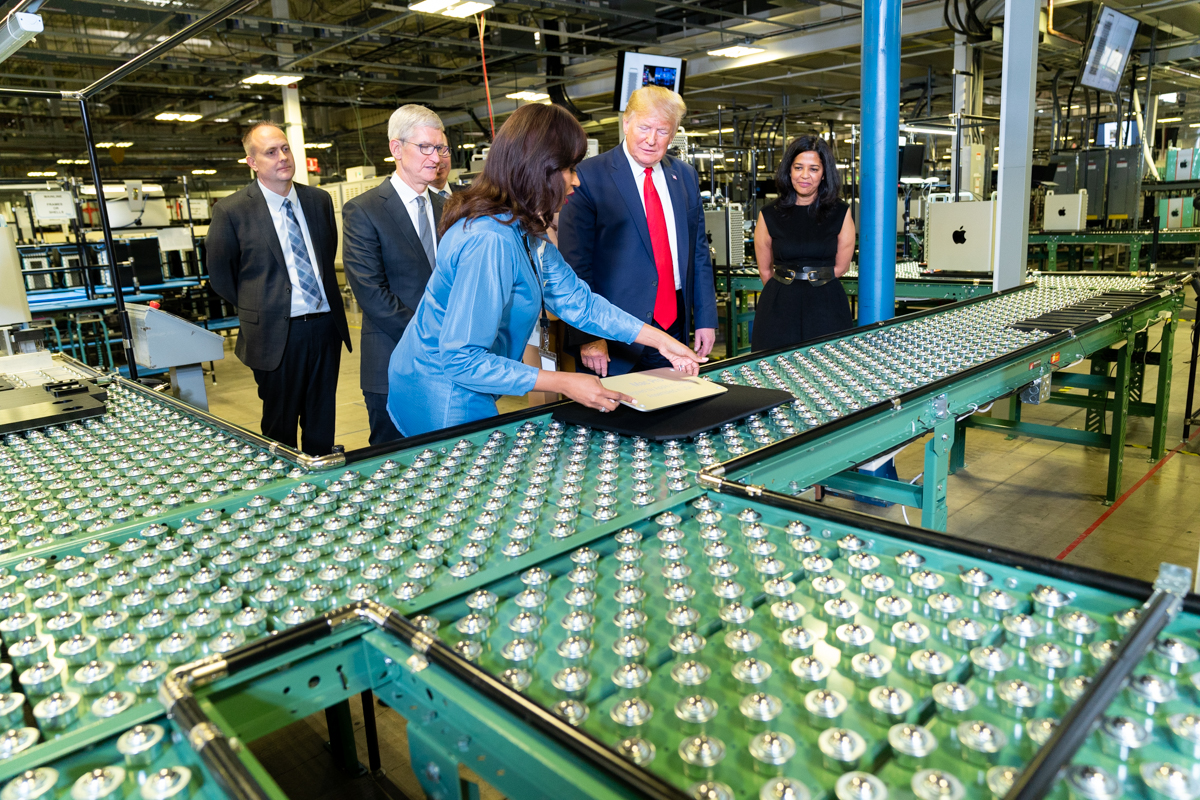
Trump Highlights Incentives for U.S. Manufacturing
Trump reinforced the sentiment on his Truth Social account, writing: “This is a great time to move your company into the US, like Apple, and so many others, in record numbers, are doing. Zero tariffs, and almost immediate electrical/energy hook ups and approvals. No environmental delays.” The White House from Washington, DC / Wikimedia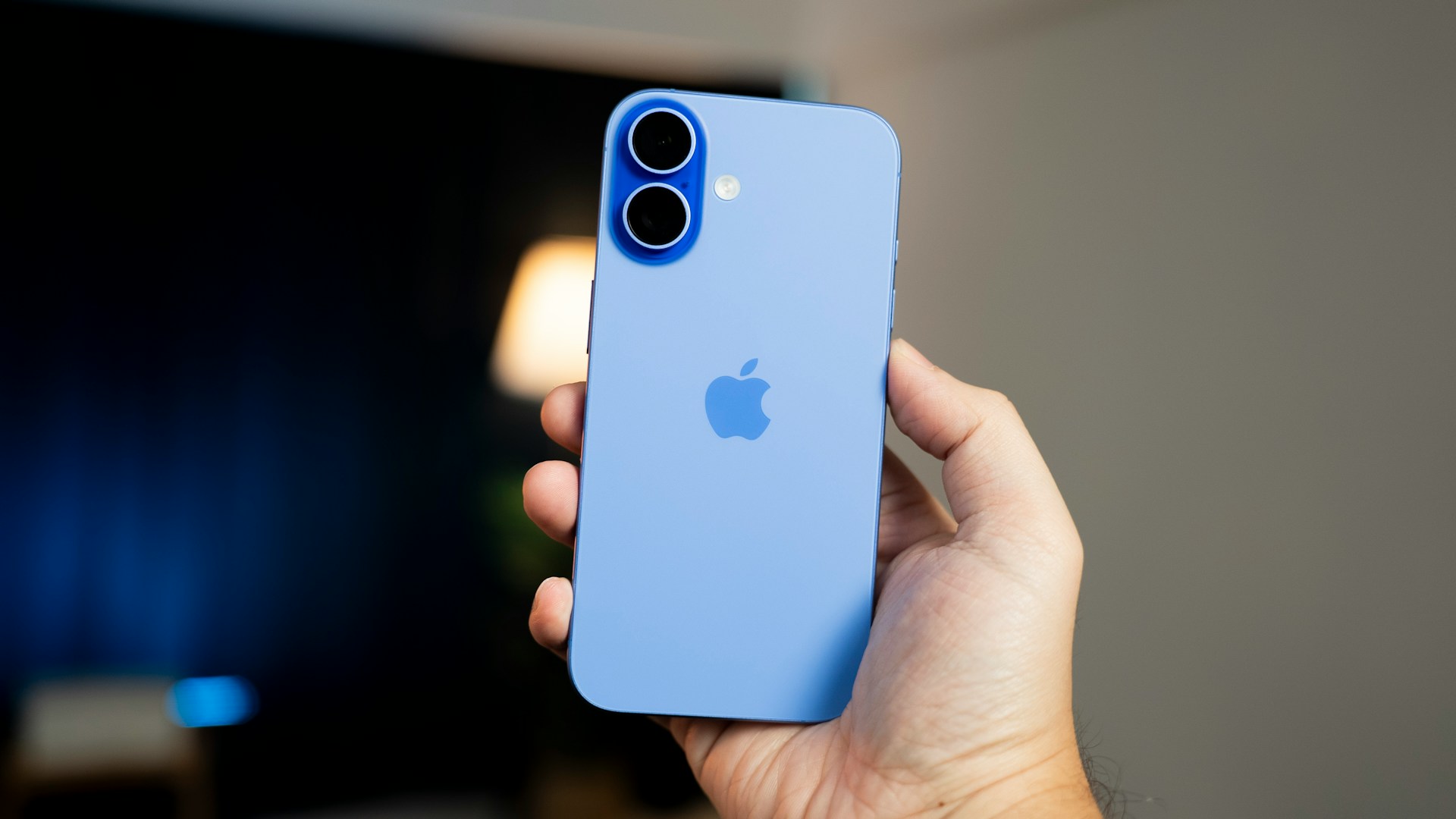
Experts Say Shifting iPhone Production to U.S. Is Unlikely
Despite this optimism, industry leaders argue that such a shift is not feasible. Around 85% of iPhones are produced in China, with additional production in India and Vietnam. Amanz / Unsplash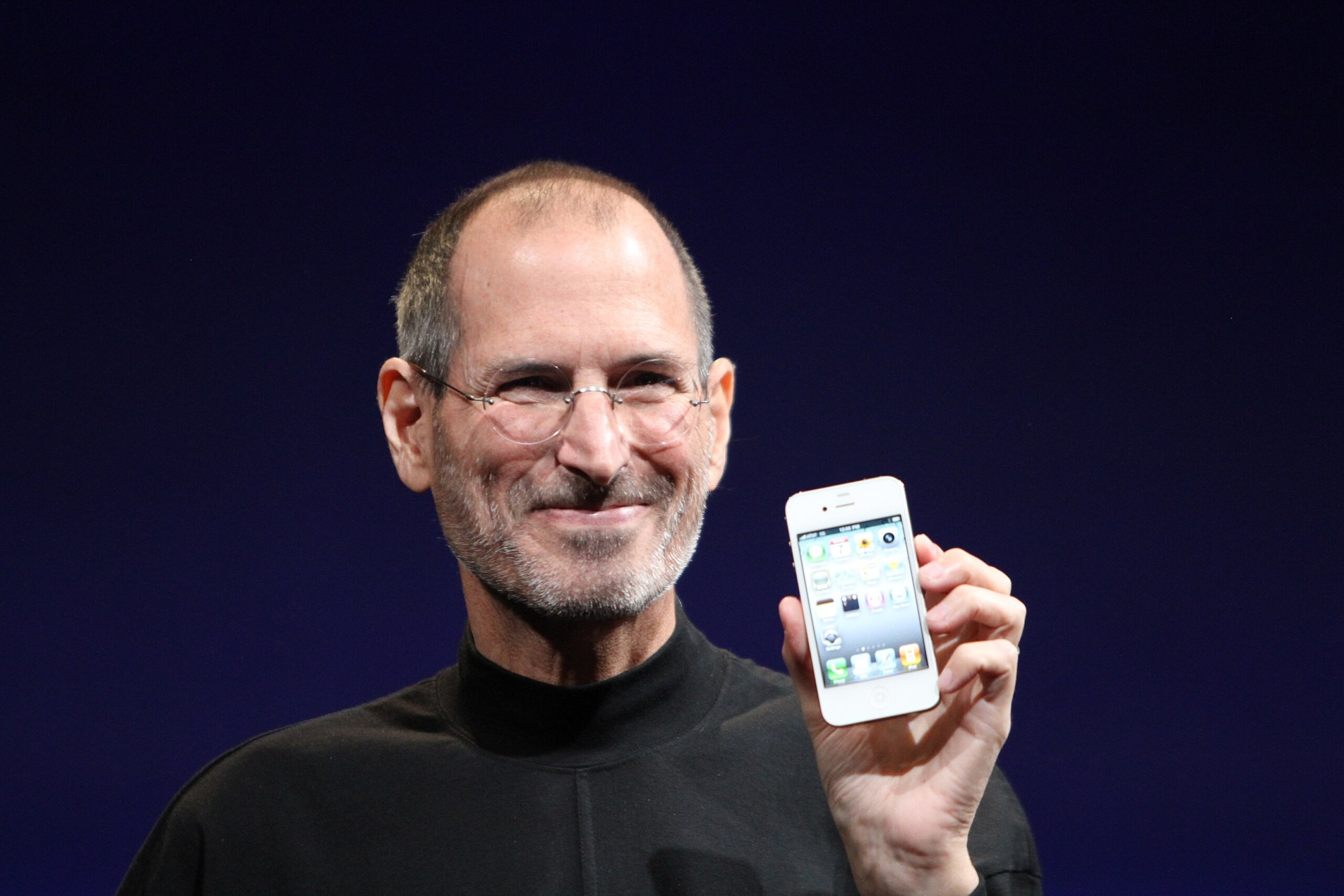
Jobs Warned U.S. Lacks Engineering Workforce for Apple Factories
Former Apple CEO Steve Jobs once told President Obama that Apple couldn’t hire the necessary number of engineers in the U.S. to support its Chinese-based manufacturing force of 700,000 workers, including 30,000 engineers.“You can’t find that many in America to hire,” Jobs said, according to Walter Isaacson’s biography. Matthew Yohe / Wikimedia
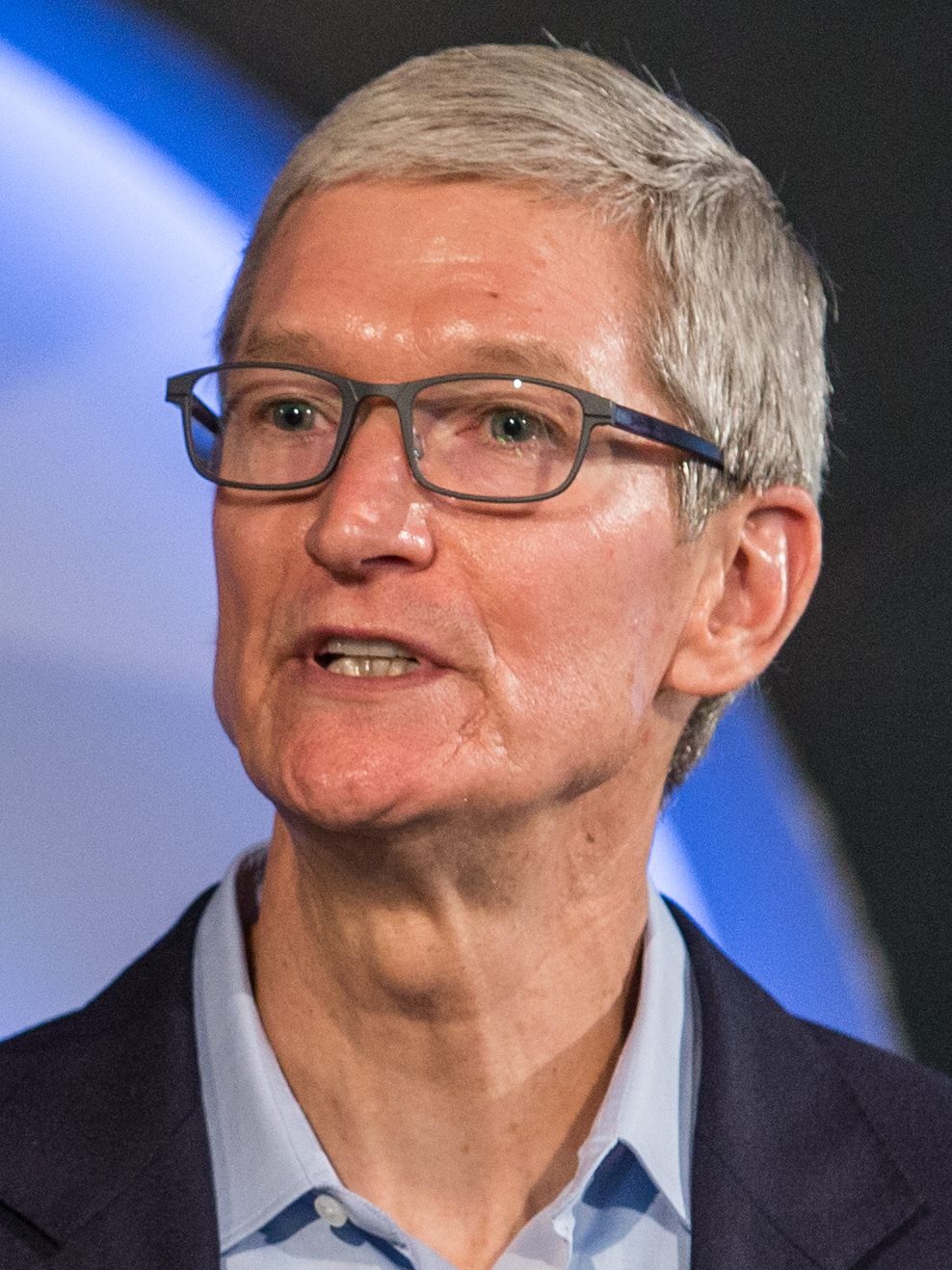
Cook Cites Skilled Labor Shortage as Key Barrier to U.S. Production
Current Apple CEO Tim Cook echoed these concerns in a 2017 interview with Fortune, emphasizing that Apple’s overseas operations rely not on cheap labor, but on access to highly skilled talent. “The reason is because of the skill and the quantity of skill in one location, and the type of skill,” he explained. Regarding tooling engineers, he noted, “In the US you could have a meeting of tooling engineers, and I’m not sure we could fill the room. In China you could fill multiple football fields.” Austin Community College / Wikimedia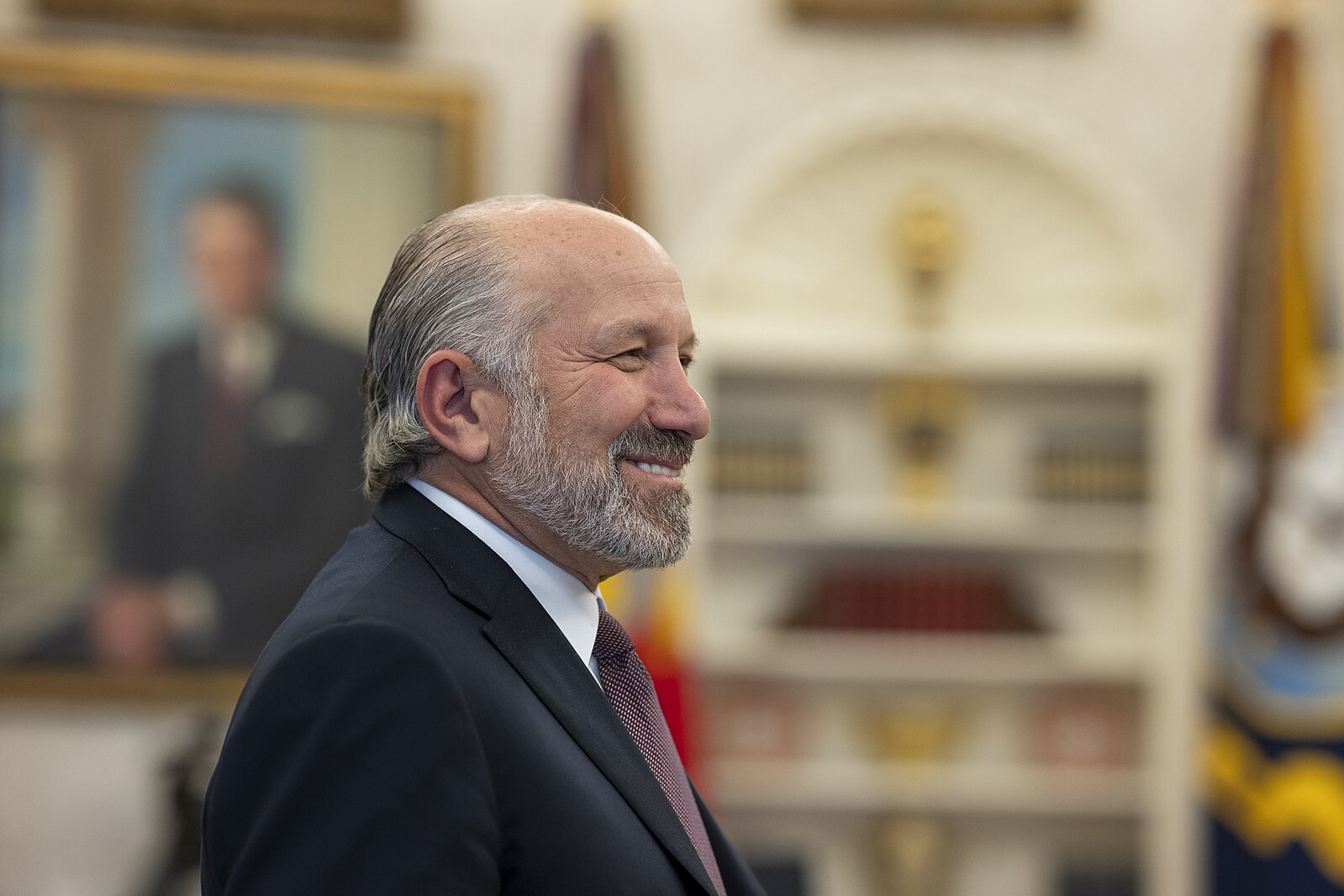
Commerce Secretary Envisions Future of Automated U.S. Assembly
Commerce Secretary Howard Lutnick, however, painted a different picture in a Face the Nation appearance, envisioning a future where American workers and automation take over production: “It’s going to be automated and great Americans – the tradecraft of America – is going to fix them, is going to work on them.” The White House / Wikimedia
Analyst: Tariff Strategy Unlikely to Prompt Rapid Shift
Yet experts like Laura Martin, a senior technology analyst at Needham, dismissed the notion that tariffs and investments alone could lead to a quick transition. “I don’t think that’s a thing,” she told CNBC, noting it took India years to reach just 14% of iPhone output. Igor Omilaev / Unsplash